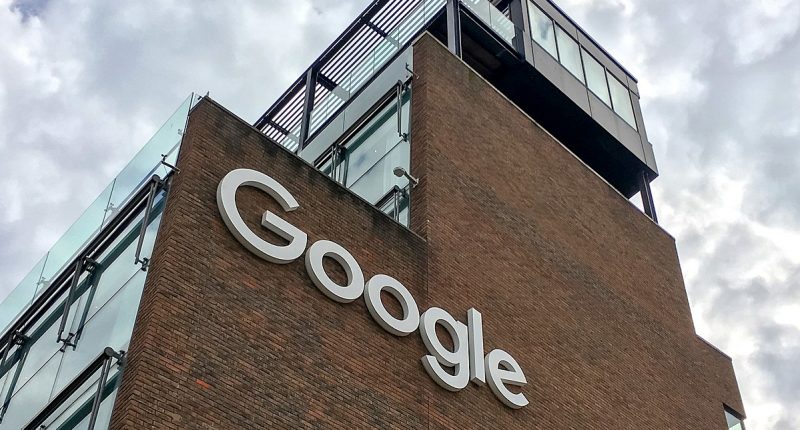Google is in the anti-trust legal waters in yet another geography. This time, the Japan Fair Trade Commission (JFTC) is likely to find Google guilty of violating the country’s antitrust laws, reports Nikkei.
Japan’s antitrust regulations are among the most stringent in Asia, and a ruling against Google could set a precedent for other countries in the region as well. Google is already facing a slew of lawsuits in the region, specially countries like India, where Google traditionally got by as it asserted dominance but now finds itself in crosshairs of country’s antitrust regulator.
Nikkei’s report further indicates that the JFTC is preparing to issue a cease-and-desist order against the tech giant and make it pull the plug on certain monopolistic practices. This is set to come at a time when Google’s business practices, especially its dominance in the web search and browser markets, have attracted regulatory scrutiny across the globe.
Earlier this year, the US Department of Justice suggested that Google should divest its Chrome browser and be prohibited from re-entering the browser market for five years. Similarly, European regulators have imposed hefty fines on Google for antitrust violations.
The JFTC’s investigation is mostly looking to Google’s business dealings and its alleged anti-competitive agreements with smartphone manufacturers. These agreements, which may include exclusive contracts or preferential terms for pre-installing Google’s search engine and Chrome browser on devices, are seen as limiting competition by locking out potential competitors from gaining market share.
Google Chrome, the world’s most widely used web browser, is the lynchpin, and as part of Google’s ecosystem, helps the company gather user data. This data is then leveraged for advertising purposes, which is another core revenue stream for the tech titan.
If these practices are deemed to violate Japan’s antitrust laws, Google could face several repercussions, including an overhaul of its business practices within the region.
This overhaul could include a halt on the preferential treatment given to certain device manufacturers, alongside being slammed with hefty financial penalties.
For its part, Google will have an opportunity to respond to the JFTC’s draft order before a final decision is made. Similar to other jurisdictions, the company can offer its perspective on the ruling, which may influence the final outcome.
This process could take several months before a final decision is made, so Google has a window of opportunity to propose potential solutions. Ultimately, the outcome of the JFTC’s investigation could take years to fully materialize, with appeals and adjustments could push back the timeline even further.
Google is already appealing a similar antitrust charge in the US, with a trial scheduled for April 2025. In that case, the company has proposed alternative solutions that would limit the impact of a potential ruling, although these may be not be enough to avoid significant changes to its operations.
The Tech Portal is published by Blue Box Media Private Limited. Our investors have no influence over our reporting. Read our full Ownership and Funding Disclosure →






